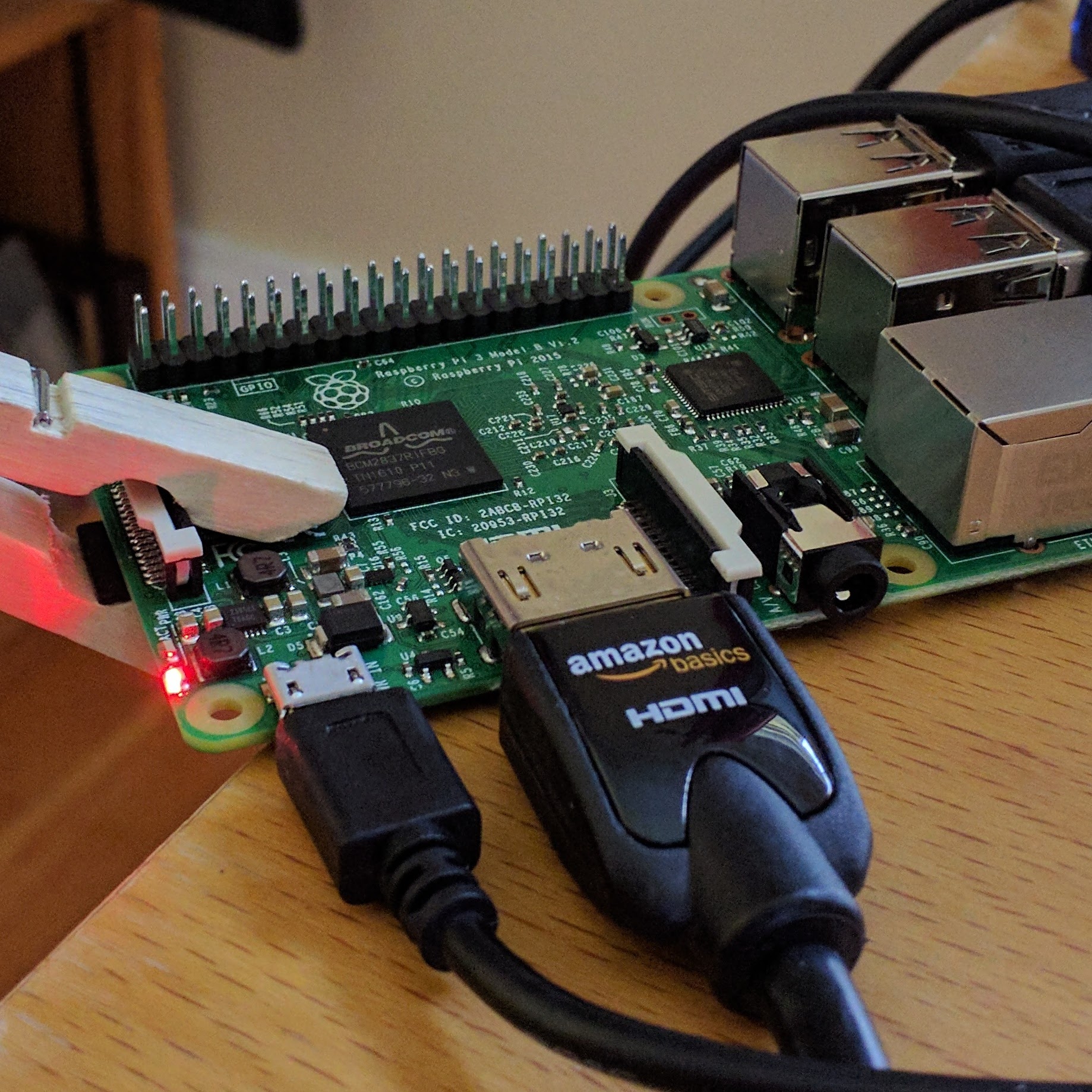Tag: OER
-
Getting Started with K20alt
Getting Started with K20alt K20alt allows educators from around the country the opportunity to collaborate, dialogue, engage in lesson study and creation, and acquire content-specific PD all at the touch of a button through Virtual Communities of Practice. These groups are meant to engage and empower educators by providing a means by which they can…
-
Innovation around Common Core
It isn’t just lifting the lowest 30 state standards to real college and career readiness levels, but the tie with OER, that will be the legacy of the Common Core State Standards Initiative. Tom Vander Ark on GettingSmart.com says that the new standards unleashed a timely wave of investment in digital content. He goes on…
-
Open Education Resources in Washington State
OER K-12 Bill Passes in U.S. Washington State From the Creative Commons Blog and I think it is about time someone actually addressed key issues in Education and this is indeed one of them. There was exciting open policy news from U.S. Washington State (WA) last evening. HB 2337 “Regarding open educational resources in K-12…
